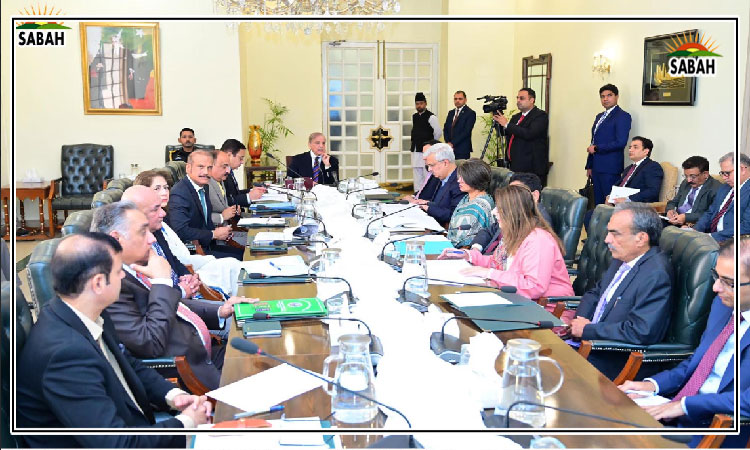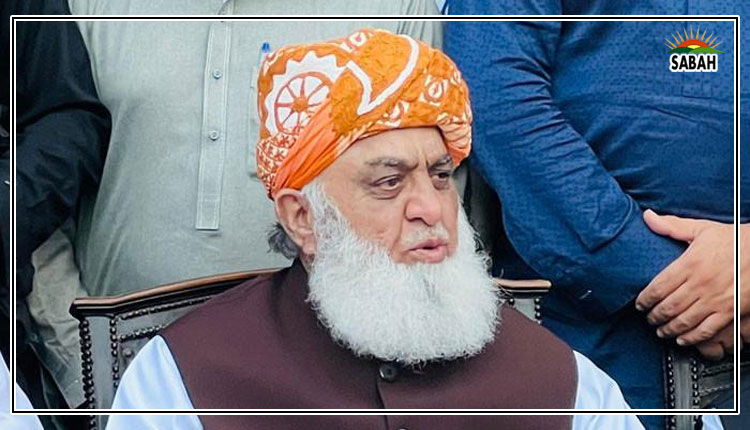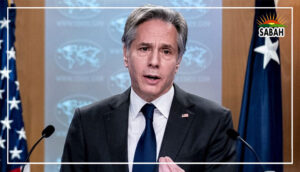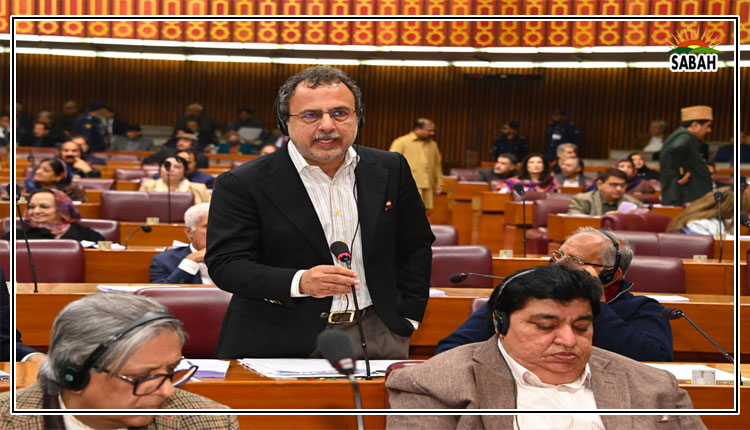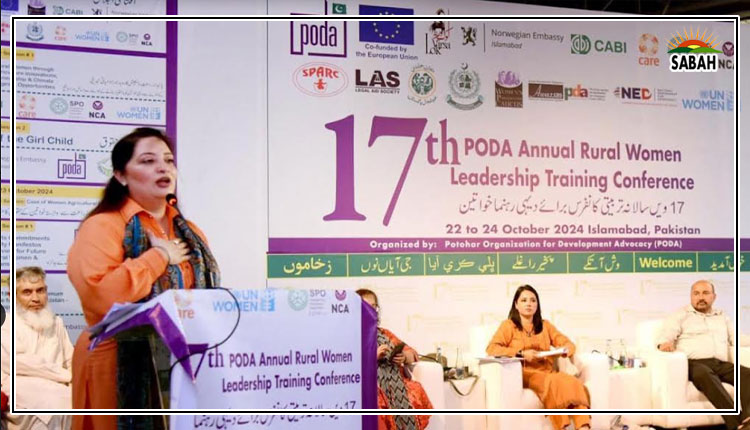Rural women are not only the backbone of agricultural production but also vital contributors to economic growth: Romina Khurshid Alam
ISLAMABAD, Oct 22 (SABAH): Coordinator to Prime Minister on Climate Change Romina Khurshid Alam has said that in any society where sustainable development is paramount, the pivotal role of rural women in agriculture and community development cannot be overlooked. Rural women are not only the backbone of agricultural production but also vital contributors to economic growth, food security, and social cohesion.
Addressing as chief guest at the 17th Annual Rural Women Leadership Training Conference on Tuesday at the Lok Virsa open-air auditorium organized by civil society organisations in Islamabad Accounting for a significant portion of the agricultural workforce in the country, rural women provide a major labour force for key agricultural activities including planting, harvesting and managing livestock, ensuring that families and communities have access to adequate food and health.
“Their traditional knowledge and innovative practices enhance productivity and contribute to sustainable farming methods. By empowering women with resources, training, and access to markets, we can increase agricultural output and improve food security for millions”, the PM’s coordinator remarked. She said further that beyond farming, rural women are crucial for economic diversification. Many engage in small-scale enterprises, from food processing to handicrafts, creating jobs and boosting local economies. Their entrepreneurial spirit can drive innovation and resilience in rural areas, laying the groundwork for sustainable economic growth. Rural women are now seen more at the forefront of community development activities. Because, they take on leadership roles in local organizations, advocate for their rights, and mobilize resources for various initiatives. Their involvement fosters social cohesion and empowers communities to address challenges collaboratively, the PM’s coordinator highlighted.
Highlighting women’s immense role in climate resilience building and environmental sustainability in the country, Romina Khurshid Alam said as stewards of the land, rural women are crucial for promoting environmental sustainability and boosting as well as sustaining climate resilience activities in different socio-economic areas, particularly agriculture, water management and low-carbon energy development. The PM’s climate aide also highlighted that various study findings on women’s role in sustainable community and rural development and natural resource management in Asia-Pacific region have concluded that their practices often reflect a deep understanding of local ecosystems, contributing to biodiversity conservation and climate resilience.
“Supporting their community and rural development and natural resource management efforts, however, can further lead to more sustainable agricultural practices, sustainable water management and rural poverty alleviation at all level that benefit both people and the planet together,” Romina Khurshid Alam suggested. Calling for action for women empowerment goals, she said, “As we strive for a more equitable and environmentally sustainable and climate-resilient future for us and our next generations, it is imperative to recognize and support the invaluable contributions of rural women. “To achieve the women-empowerment goals, framing and implementing policies and action plans that promote gender equality, enhance access to resources, and provide educational opportunities are inevitable for unlocking the potential of rural women,” she remarked.
Romina Khurshid Alam also urged stakeholders, policymakers and communities to recognize rural women as key socio-economic stakeholders and key catalysts for development and enhance investment in the empowerment of the rural women. She emphasised that empowering women is a critical strategy for enhancing climate resilience, particularly in vulnerable communities. Women often bear the brunt of climate impacts, yet they also possess valuable knowledge and skills that can contribute to effective climate action. By doing so, we can foster inclusive development that uplifts families, strengthens communities, and ensures a sustainable future for generations to come, the PM’s climate aide stressed.




